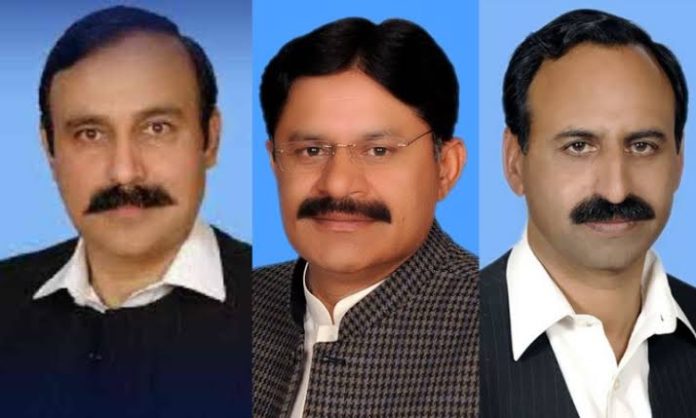The recent decision by the Islamabad High Court to halt the Election Commission of Pakistan (ECP) from officially declaring the winners of the elections in NA-46, NA-47, and NA-48 has sparked significant controversy and legal debate within Pakistan’s political landscape. This ruling stems from petitions filed by independent candidates supported by the Pakistan Tehreek-e-Insaf (PTI), challenging the results of the February 8 elections, where their opponents were declared winners by the ECP.
The petitioners, namely Amir Mughal, Shoaib Shaheen, and Mohammad Ali Bukhari, contested the victory of their opponents, Anjum Aqeel Khan, Tariq Fazal Chaudhry, and Raja Khurram Shahzad Nawaz. They argued that the election process was marred by irregularities and electoral malpractices, which influenced the outcome in favor of their opponents. The ECP’s initial order for a status quo was later overridden by notifications declaring Khan, Chaudhry, and Raja as the winning candidates, prompting the court’s intervention.
The decision of the Islamabad High Court to suspend the election results reflects the judiciary’s commitment to upholding electoral integrity and ensuring fairness in the democratic process. By halting the official declaration of winners, the court has provided an opportunity to thoroughly investigate the allegations of electoral misconduct and irregularities raised by the petitioners.
This legal battle highlights the broader challenges facing Pakistan’s electoral system, including concerns related to transparency, accountability, and the independence of electoral institutions. The outcome of this case will have far-reaching implications not only for the candidates involved but also for the credibility and legitimacy of the electoral process in Pakistan.
Moving forward, it is essential for all stakeholders, including political parties, electoral authorities, and the judiciary, to collaborate effectively to address the underlying issues and strengthen the electoral framework. This includes implementing measures to prevent electoral fraud, enhancing transparency in the conduct of elections, and ensuring that citizens’ right to free and fair elections is upheld.
The resolution of this dispute will be crucial in restoring public confidence in the electoral process and reaffirming Pakistan’s commitment to democratic principles and the rule of law.


